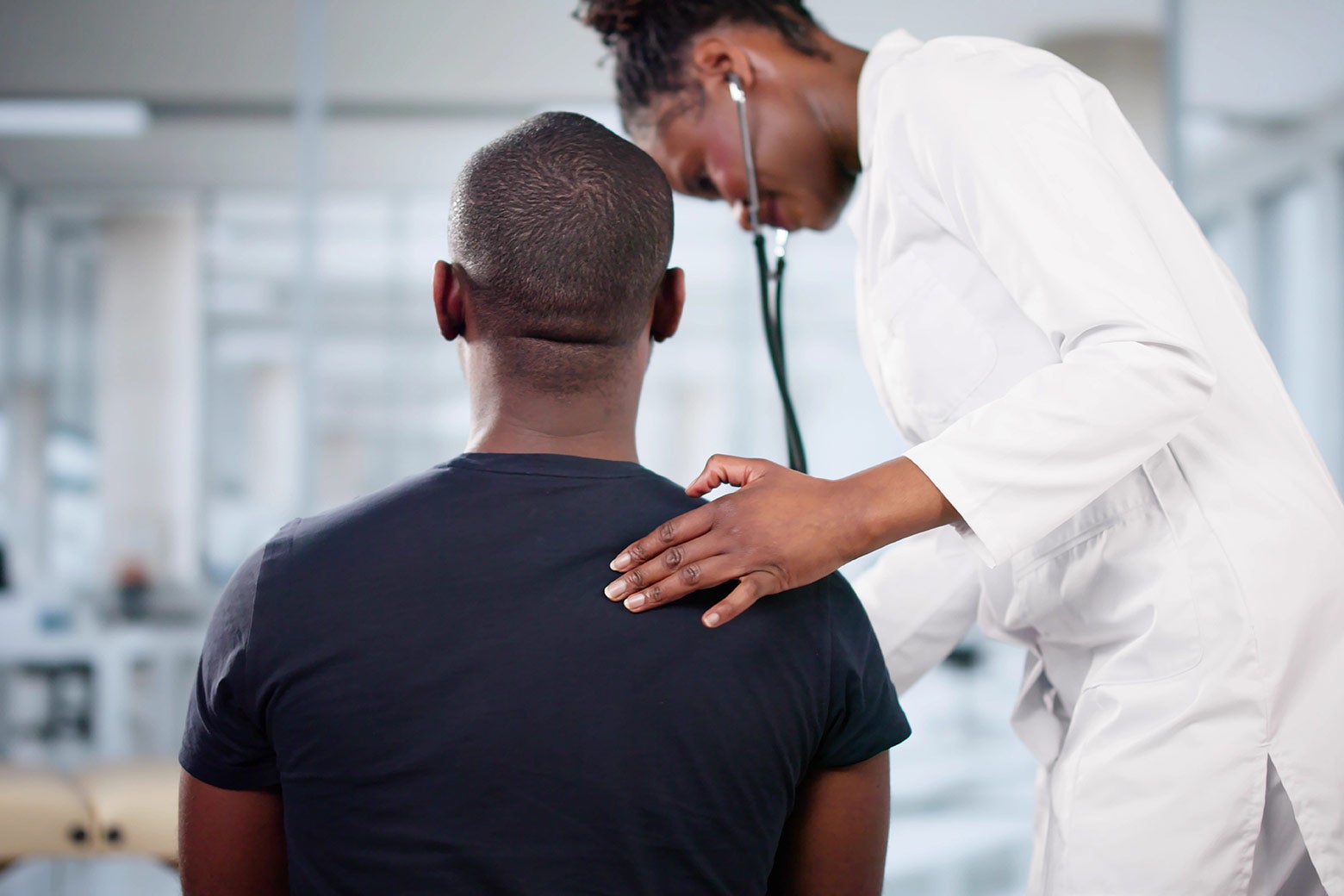
"PCOS is a hormonal condition that affects roughly 1 in 10 women between the ages of puberty and menopause. It's marked by an imbalance of reproductive hormones: Women with PCOS often have elevated androgens, the sex hormone responsible for"masculine" traitslike excess body hair, acne, and male-pattern hair loss. The hormonal imbalance then disrupts ovulation. Despite its name, women diagnosed with PCOS don't always have ovarian cysts."
"Some researchers are studying the emerging understanding that PCOS isn't just a women's condition, but a metabolic disorder affecting people of all genders-and one that could be detected as early as childhood. "For decades, we've seen that first-degree male relatives of women with PCOS are also affected," says Jia Zhu, a pediatric endocrinologist at Boston Children's Hospital. There are broader metabolic mechanisms at play that aren't limited to ovarian function, Zhu says."
Polycystic ovary syndrome (PCOS) is a hormonal condition affecting roughly one in ten women between puberty and menopause. PCOS features reproductive-hormone imbalance and often elevated androgens, which can cause excess body and facial hair, acne, and male-pattern hair loss. The hormonal imbalance disrupts ovulation, and people with PCOS commonly experience irregular or missed periods, weight gain, and difficulty conceiving. Not all diagnosed individuals have ovarian cysts. PCOS includes metabolic components that can affect all genders and may appear in childhood. First-degree male relatives of affected women can exhibit related metabolic features and can inherit the same underlying genes.
Read at Slate Magazine
Unable to calculate read time
Collection
[
|
...
]